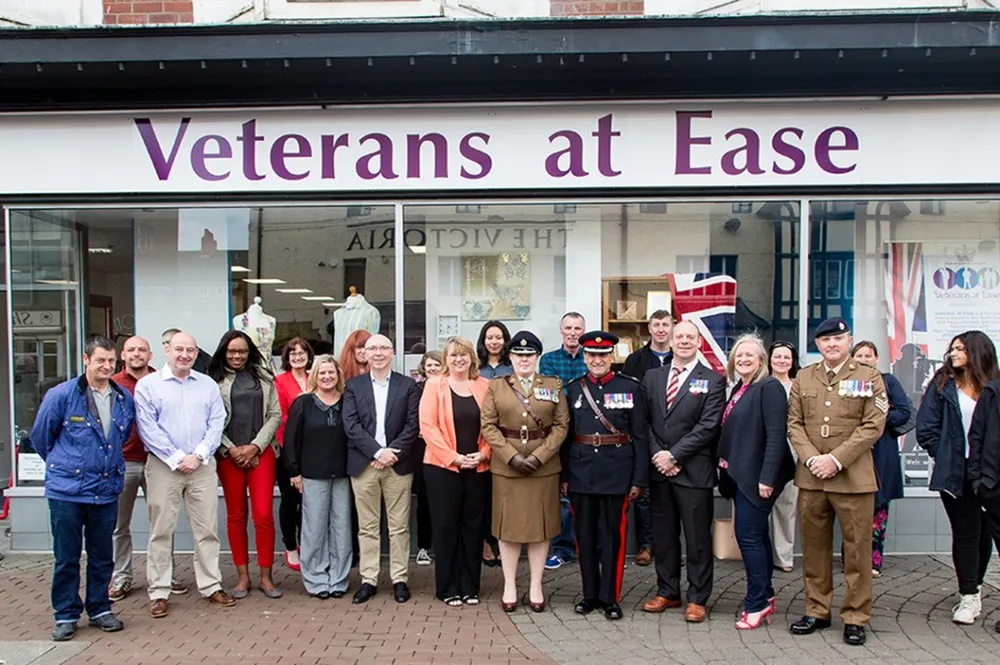Putting learning into practice
Armed with the knowledge she has gained, Laura has given talks and delivered workshops about the effects of smartphones on children. She has visited schools, helping to change school phone policy and started a new Instagram account where she shares free practical help around smartphones for parents.
Most significantly, she is writing a book, Screensaver: a Judgment-Free Guide to Your Child’s First Smartphone, which will be published in March 2026 by Profile Books.
This consolidates the best of the research Laura has looked into, presenting it in a digestible and accessible manner to parents.
Laura’s position is that parents don’t only have the stark choice of whether or not to give their child a smartphone.
“Parents seem to fall into two camps – those who have given their child a phone, and those who strongly advocate no phones until later teens. The former often feel judged for this choice or may struggle with their child’s phone, while the latter sometimes struggle with the practical side of this decision, for example if their child does not have access to useful apps or feels like they are missing out. But there is a middle ground. It does not need to be all or nothing.
“Having spoken to lots of academics and doctors it’s clear that all screen time is not bad in its own right. The aim is not to eliminate screens, but to be mindful and minimalist, so we use the right technology to meet our conscious aims, rather than overloading ourselves. Screens are fine used in moderation and for specific purposes.”
Laura points to the increasing availability of child-friendly technology, where it is possible to get a phone package with only the tools and apps parents want a child to be able to access.
She also stresses the importance of having family rules on phone use. “We need safety barriers around a child’s phone experience, such as no phones in the bedroom, or introducing phone-free times or spaces in the home, as well as clear boundaries around what they can and cannot do online.
“My message to parents when you give them a phone – and it is a 'when', not 'if' – is you need to prepare them for that day with support, education, and ongoing two-way conversations. There is no need to be terrified of smartphones, but equally, we cannot just throw them in at the deep end and assume they can handle this alone. We need to actively raise our children to be masters of their phones not to be servants to them.”
For more about Laura’s work on children and smartphone use, in the wake of her Churchill Fellowship, she can be followed on Instagram, LinkedIn or Substack.











